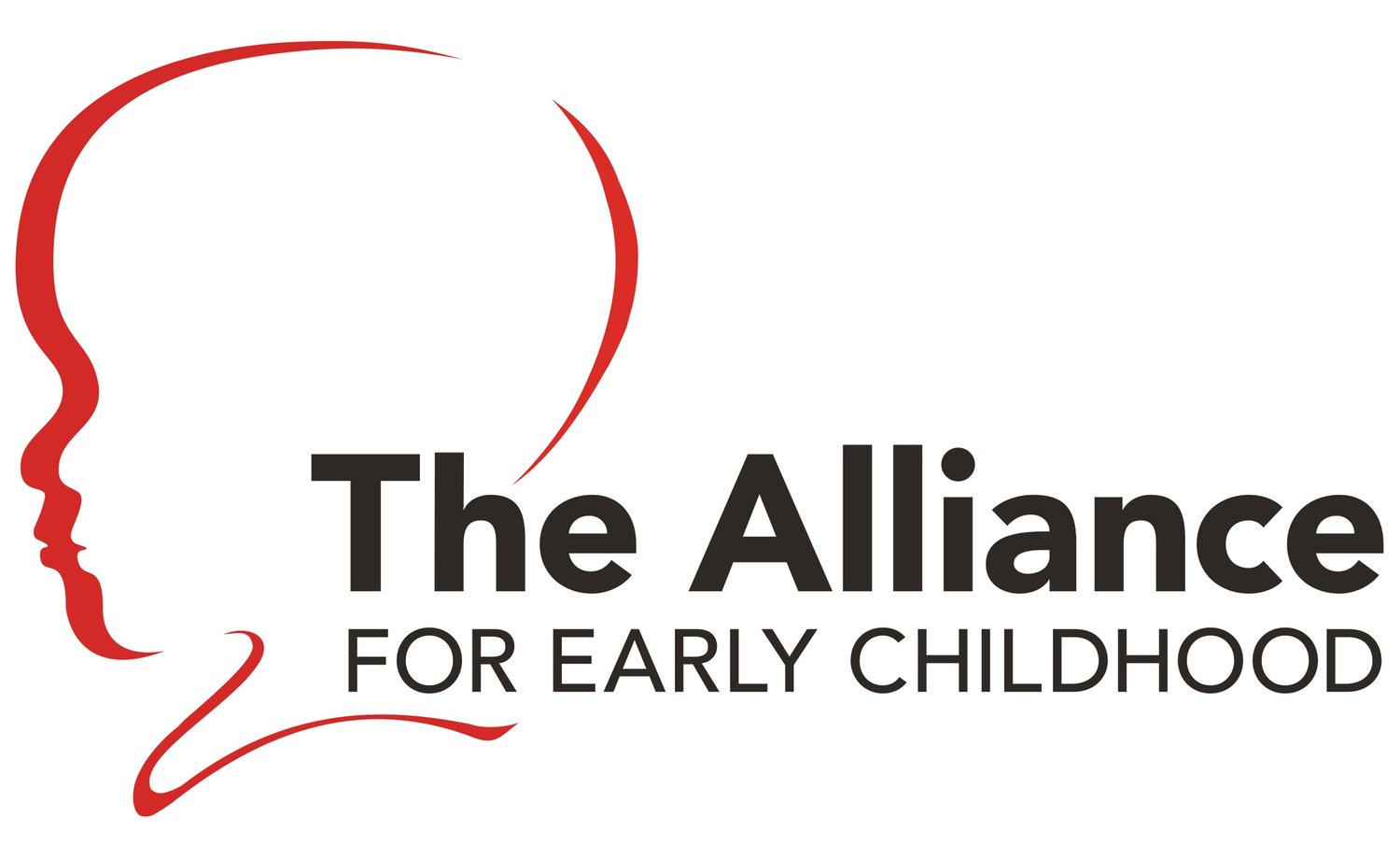Why Learning by Doing Matters in the Early Years
Carly Andrews, Executive Director for The Alliance for Early Childhood
One of the great joys of my experience at The Alliance has been watching young children learn not by sitting still, but by moving, exploring, testing, and trying again. Whether in a Montessori classroom, a Reggio-inspired atelier, or a play-based preschool, the most powerful learning I’ve witnessed has been rooted in experience. Children learn best by doing.
Neuroscience helps us understand why. In the early years, the brain is forming more than one million new neural connections every second. These connections are strengthened not through worksheets or rote memorization, but through rich, multisensory experiences. When a child builds a tower that tumbles, plants a carrot seed and waits for it to sprout, or negotiates the rules of a make-believe game with friends, their brain is firing on all cylinders. Cognitive, social, and emotional skills are developing together, not in isolation.
What the Research Shows
Research on the science of learning and development confirms what parents and teachers see every day: children thrive when they are actively engaged, when they have opportunities to make choices, and when they feel a deep sense of belonging in their learning community. Experiential approaches like Montessori and Reggio, as well as inquiry and play-based models, are built on this understanding. They honor children’s innate curiosity, valuing exploration over compliance and discovery over simple right answers.
Parents sometimes wonder, “But will my child be ready?” It’s a fair question. What we know is that experiential learning does not come at the expense of rigor; it is the pathway to rigor. When children construct knowledge for themselves, by asking questions, testing ideas, and reflecting on what worked and what didn’t, they develop the very skills that will carry them forward: critical thinking, creativity, resilience, and problem-solving. These are the skills they will need not just for school, but for life.
Relationships at the Center of Learning
At its heart, experiential education is relational. Children are willing to take risks, to try hard things, and to persist through challenges when they know they are supported by caring adults and connected to a community. In my years leading schools, I’ve seen students take ambitious leaps, presenting research to experts, exploring ecosystems outdoors, or tackling new artistic challenges, because of the web of relationships that surrounded them. Belonging gives them courage; experience gives them growth.
The Joy of Doing
As parents, you already know this intuitively. You’ve seen your child learn to walk, not from a lesson plan, but from thousands of tries. You’ve watched them ask “why?” a hundred times in a row, not to annoy you, but to make sense of their world. Schools that honor children’s development are simply extending this natural process: trusting children as capable learners, and guiding them with thoughtful experiences and caring relationships.
So when your child comes home with muddy shoes, or tells you about a problem they couldn’t solve on the first try, take heart. That’s the work of learning. That’s the joy of doing. And it’s laying the foundation for a lifetime of curiosity, confidence, and connection.

